

Webinar: Increasing Access to Necessary Care During the COVID-19 Pandemic & Beyond
COVID-19 has dramatically changed health care delivery and financing, impacting both high-value care and services that deliver little or no clinical benefit. On August 13, 2020, the V-BID Center held an interactive webinar that addressed how the pandemic has created a rare opportunity to enhance the efficiency of medical expenditures. Click here to read a webinar summary from The American Journal of Managed Care.


COVID-19 Vaccines Won't Have a Copay, HHS Says

Op-Ed: In Mid-Crisis, Opportunity Knocks
COVID-19 has exposed longstanding shortcomings in our health care system and amplified their detrimental effects on population health. This op-ed highlights recent publications, written by V-BID Center Director Mark Fendrick, suggesting potential opportunities to improve current health care benefit designs and reduce the use of low-value services following the pandemic.
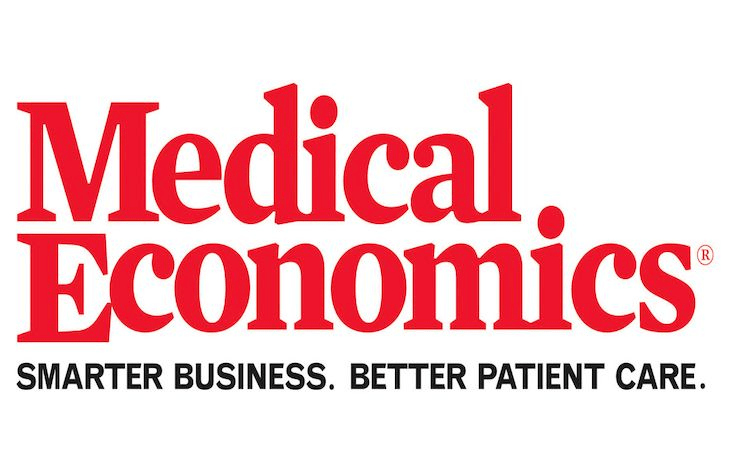
What Will COVID-19 Mean for Value-Based Models?
Beyond the day-to-day challenges of practicing medicine during the COVID-19 pandemic, new questions have arisen about the future of value-based care models. Experts believe the pandemic will benefit value-based programs, especially those that have implemented telehealth. Value-based practices could result in a wholesale rethinking of spending priorities that limit unnecessary care.
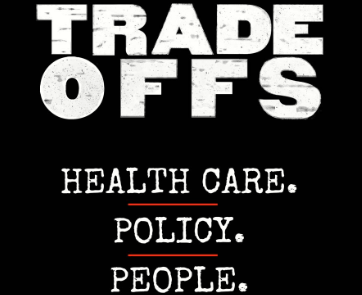
Tradeoffs Podcast: Taking the Pulse of Insurers
Insurers have remained profitable while doctors, hospitals, and consumers have been financially hurt by the COVID-19 pandemic. A new episode of the Tradeoffs Podcast highlights recent research on insurers’ experiences during the pandemic, specifically relating to costs, customers, and coverage.


People With High-Deductible Health Plans Aren't Using Health Savings Account Option as Intended
New research from the U-M Institute for Healthcare Policy & Innovation has revealed that one third of high-deductible health plan enrollees eligible to use a health savings account aren’t doing so. Furthermore, half of HSA enrollees did not deposit money into their account in the past year. Learn more about these findings and the need to educate beneficiaries on HSA usage from the IHPI research brief.
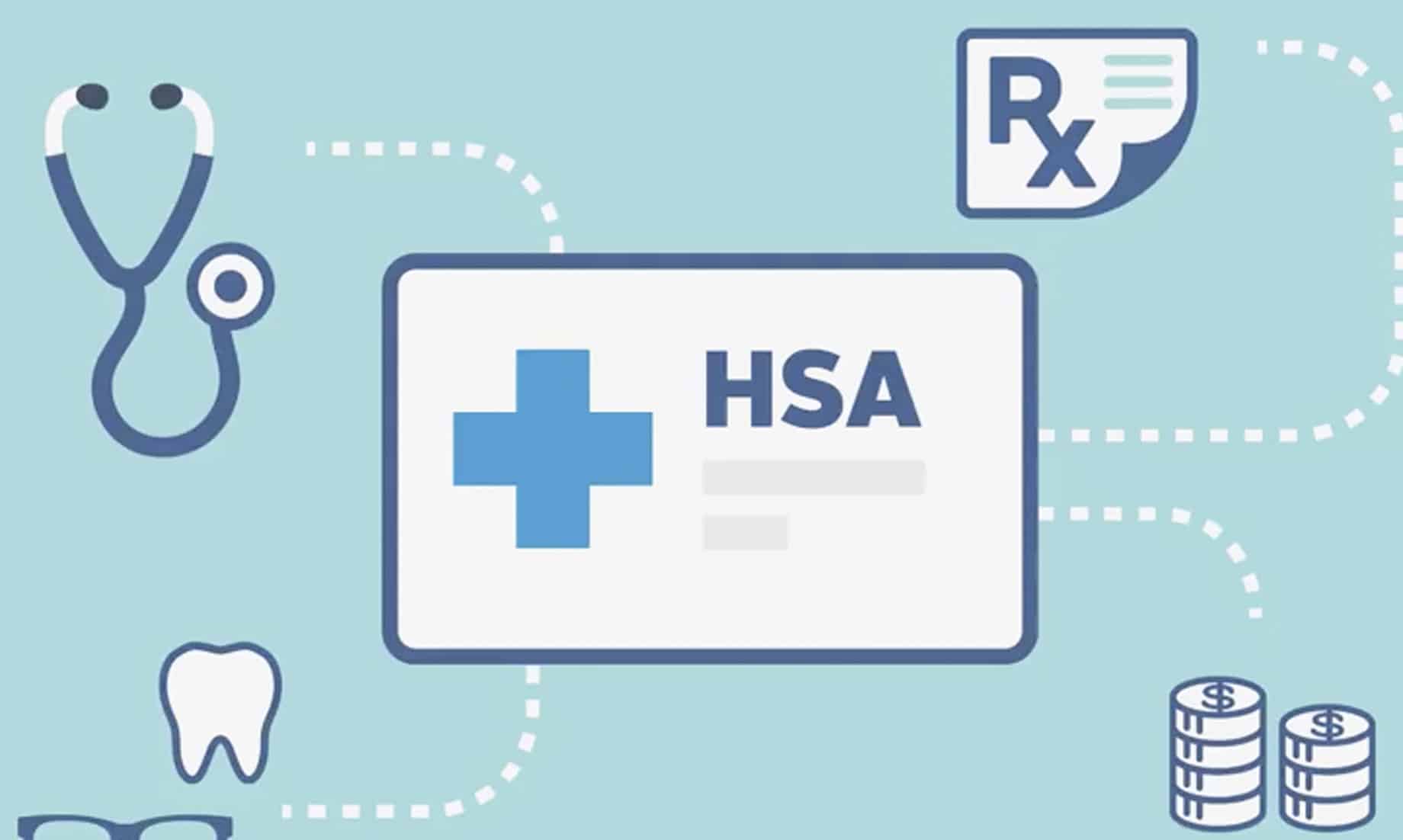
Report: HSA-Eligible Enrollees More than Double as Deductibles Rise
Health plan deductibles rose for all plan types between 2013 and 2018, and the number of enrollees participating in health-savings account eligible plans more than doubled as a result. Employers see deductibles and cost-sharing as easy ways to control overall spending, but increasing out-of-pocket costs could lead some patients to forgo necessary care.
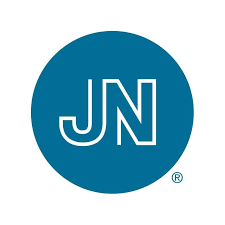
Health Care Spending by Enrollees with Substance Use and Mental Health Disorders in High-Deductible Health Plans v. Traditional Plans
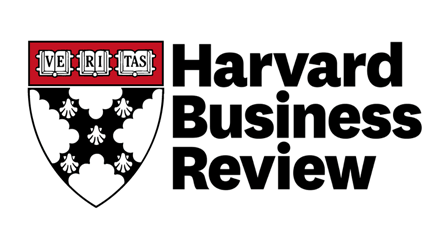
Smarter Health Care Deductibles Are a Win-Win for Employers and Employees
Employers are likely to trim health benefits in response to economic downturn during the COVID-19 pandemic. Instead of raising cost-sharing unilaterally, employers could leverage this opportunity to create smarter HDHP deductibles that reward employees for using high-value care and help them avoid low-value care.
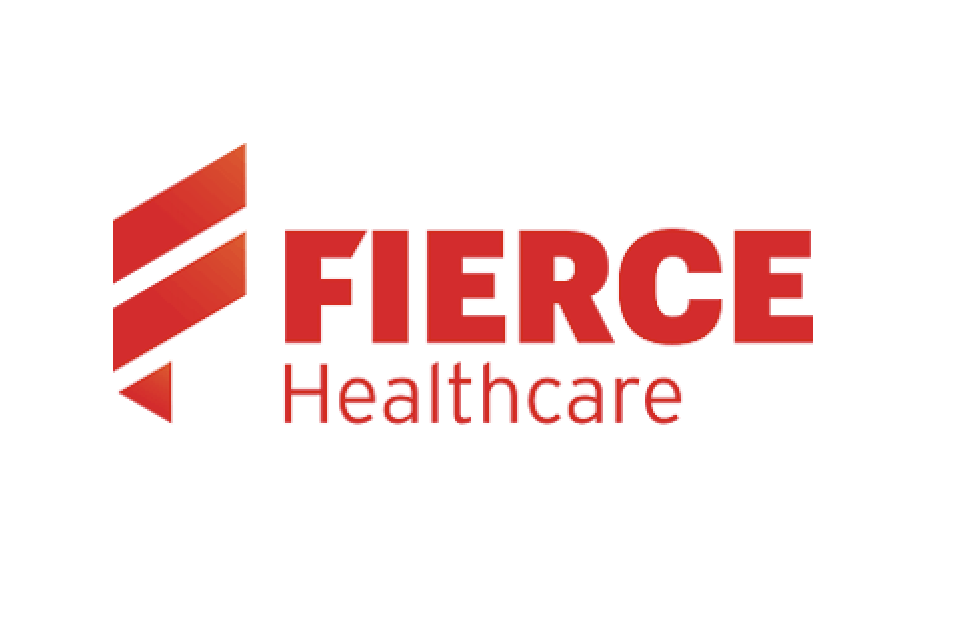
Aetna Aims to Offer Alternative to High-Deductible Plans in 2 New Benefit Designs

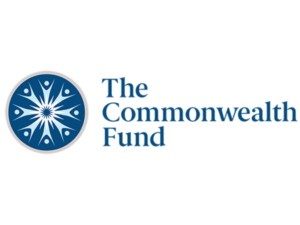
U.S. Health Insurance Coverage in 2020: A Looming Crisis in Affordability

Medicine Spending and Affordability in the United States

Compared With Other Countries, Women in the US Are More Likely Than Men to Forgo Medicines Because of Cost

Waste in the Medicare Program: a National Cross-Sectional Analysis of 2017 Low-Value Service Use and Spending
New research has revealed that low-value care remains common among Medicare beneficiaries. 35.5% of fee-for-service enrollees received a low-value service in 2017, contributing to excess spending and potentially exposing patients to harm. The authors argue that reducing the utilization of even a small subset of low-value services could substantially reduce wasteful spending in Medicare.

Patient and Plan Spending After State Specialty-Drug Out-Of-Pocket Spending Caps

Medicare Part D Plans Rarely Cover Brand-Name Drugs when Generics are Available

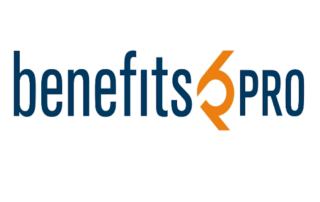
Americans 'Doubly Feel the Effects' of Soaring Health Care Costs
A new RAND Corp. study has revealed that provider concentration and increasing health care costs has led to lower wages and shifts in benefits for employees. The rising costs are also associated with 15% of the observed increased enrollment in high-deductible health plans between 2010 and 2016.
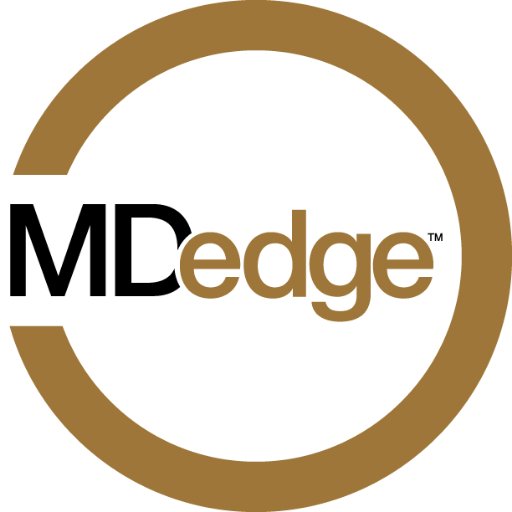
Many Older Adults 'Overscreened' for Cancer
According to a recent report published in JAMA Network, many patients reported undergoing screening for cancer, even though they were older than the upper age limit for recommended screening. This overscreening could potentially harm patients, outweighing potential benefits. Changing benefit designs to prevent low-value care, including overscreening, may be one method to halt this trend.
Please Help Support the V-BID Center
As a non-profit entity, the V-BID Center relies on fundraising to support our research, education, and policy efforts. Please help us continue our work by donating here. We truly appreciate your consideration.


